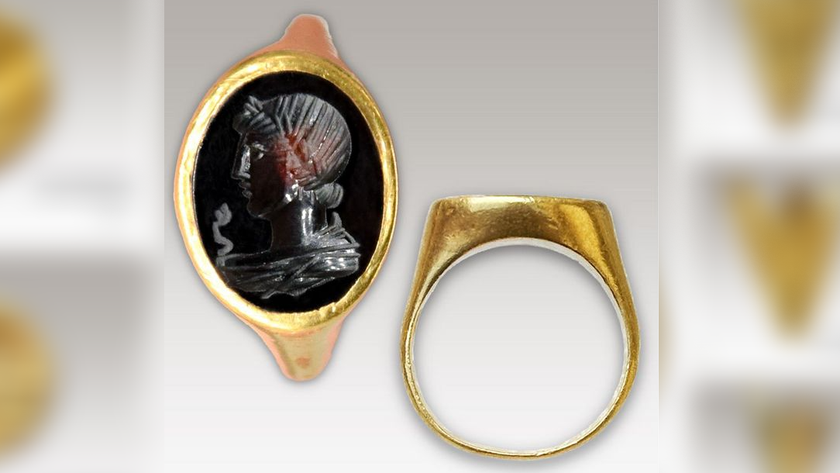Why Impatience May Hurt Your Heart

Now that the holiday season is here, nearly everyone's patience will be tested at one time or another. Long lines, crowded malls and unbearable travel delays are among the reasons why some people will lose their cool.
But those episodes of impatience can trigger physiological responses that may sabotage your health. "Being impatient could cause anxiety and hostility," said Daniel Baugher, dean of graduate programs at Pace University in New York City who has studied personality and social psychology. "And if you're constantly anxious, your sleep could be affected, too."
Baugher said living in the hyper-paced, technology-obsessed 21st century has left many people short on patience. "They seem to want everything yesterday," he said. "People expect things to be done more quickly."
But some individuals may simply be hardwired for impatience. "Everyone's tolerance threshold is different," he said. "We all feel impatient when certain things happen, but some more than others."
Type A personalities are at high risk
Often high-strung and competitive, type A personalities seem suspended in a constant state of urgency. They're unable to cope when things don't go their way, be it snarled rush-hour traffic or the glacially slow line at the grocery store. "People with this personality type are more likely to experience anger when they're held up," said Dr. Redford Williams, an internist at Duke University Medical Center in North Carolina, who estimates that roughly 25 percent of Americans have a type A personality, which increases their risk for health problems such as high blood pressure and heart disease.
In a 2003 study published in the Journal of the American Medical Association, researchers reported that the more impatient and hostile the 18- to 30-year-old study participants felt, the more likely they would develop high blood pressure later in life."High blood pressure is a symptom that the body is going into overdrive," Baugher said. "The whole body gets geared up for a fight."
Sign up for the Live Science daily newsletter now
Get the world’s most fascinating discoveries delivered straight to your inbox.
Impatience + hostility = stress
People who frequently become impatient and angry are in a constant state of stress. The body reacts to that stress by releasing hormones such as adrenaline or cortisol which help the body respond to a stressful situation.
"When you're about to be attacked by a saber-toothed tiger, this response can help you survive, but not when you're sitting in traffic or waiting in a long line," Williams said. High levels of cortisol and adrenaline could ultimately lead to weight gain, high blood sugar and high blood pressure.
In a 2000 study published in the Journal of the American Medical Association, researchers found that young adults who had high hostility levels were predisposed to plaque build-up in their coronary arteries. "Stress hormones stimulate platelets, making them more likely to clot in arteries already narrowed by heart disease, a process that can result in a heart attack," Williams said. "These hormones also cause the body's fat cells to release fat into the bloodstream."
Williams said this fat can be deposited in plaque in the arteries that feed the heart, enlarging the plaques and raising the risk for an artery-clogging clot.
Coping with impatience
Some studies suggest that stress-management programs may help naturally impatient people relax. Teaching people how to head off or control feelings of anger and hostility could reduce blood pressure and lower body weight over time. "The evidence we have on stress training is encouraging, but studies haven't shown that it can save lives," Williams said.
The best way for people to handle a situation that taxes their patience and triggers negative responses is to take a deep breath and evaluate what they're feeling, Williams said. "Ask yourself, 'Is this important to me? Is it reasonable to be angry over this? Is it worth it?'" Williams advised. "Basically, try to talk yourself out of the anger."
Pass it on: Being impatient can cause high blood pressure and heart disease.
This story was provided by MyHealthNewsDaily, a sister site to LiveScience. Follow MyHealthNewsDaily on Twitter @MyHealth_MHND. Find us on Facebook.










